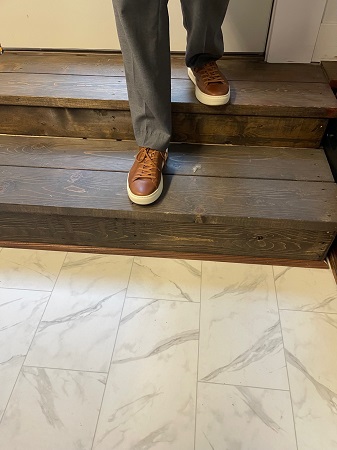Milktoast
 I don’t want milktoast for breakfast or any other meal. Although I like milk and toast, I prefer them separate. I also want more flavor. Even with sugar, cinnamon, or other spices added, it remains a bland dish. Give me eggs or cereal with fruit and nuts.
I don’t want milktoast for breakfast or any other meal. Although I like milk and toast, I prefer them separate. I also want more flavor. Even with sugar, cinnamon, or other spices added, it remains a bland dish. Give me eggs or cereal with fruit and nuts.
Neither do I want to be a milktoast person or give milktoast responses. However, I have been guilty of both.
Milktoast means weak or ineffective.
It can be a noun or an adjective. The person or response is:
- Timid
- Fearful
- Unwilling to rock the boat
- Boring
- Wishy-washy
Milquetoast mean the same.
According to The Free Dictionary, the character description refers to H. T. Webster’s comic strip character, Caspar Milquetoast. Like edible milktoast (or milk toast), Caspar had a bland personality.
Milktoast is easy to digest.
With so little flavor, it does not upset the body’s system. Neither do weak people upset their social systems of:
- Business
- Government
- Religion
- Families
They value the status quo above truth or progress.
God seeks boldness in service.
Certainly, quietness and meekness are often appropriate. Yet, God expects and provides courage when the time comes to speak up and stand tall.
“Now, Lord, consider their threats and enable your servants to speak your word with great boldness” (Acts 4:29 NIV).
Thanks to Gail Johnson for the suggestion and to Jeri Gumm Stone for the photo.

Do you have an expression you want explained or thoughts about this one? If so, please comment below.
Subscribe to receive my weekly posts by email and receive a free copy of “Words of Hope for Days that Hurt.” On 3-29-25, one name will be randomly selected from my mailing list to also receive a free copy of Martin Wiles’s book, “Don’t Just Live…Really Live.” If your name is already on the mailing list, you are automatically entered. Please encourage your friends to subscribe.
If you enjoyed this post, please share it with your friends.









